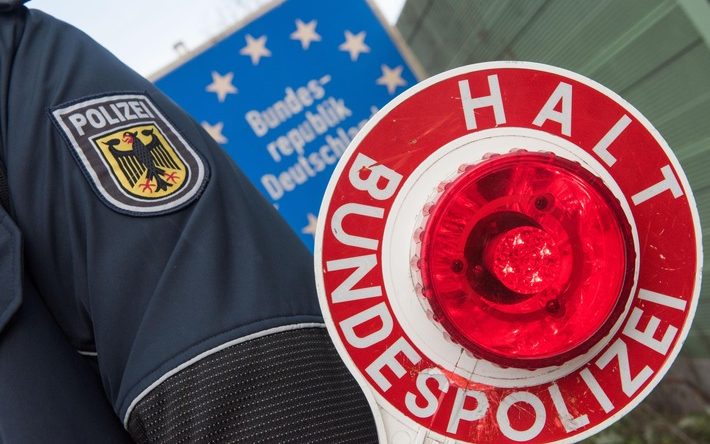
Travel requirements Germany 2025. News. Planning a trip? German authorities are warning about more checks at border crossings due to growing security concerns, including recent terrorist attacks. Here’s what you need to know to avoid issues when crossing the border and ensure a safe journey in Germany.
Travel requirements Germany 2025
Germany is conducting checks at all land border crossings to manage the increasing number of illegal migrants. Travellers should expect longer wait times and ensure they have all valid travel documents. These checks are not limited to border crossings but also extend to the “border zone,” which spans up to 30 kilometers from Germany’s customs border.
Travel rules for entering Germany starting January 2025
Border checks in Germany are conducted by federal police, sometimes with support from soldiers from neighbouring countries. When crossing the border, vehicles are stopped, and officers check the documents of both the driver and passengers. They verify the authenticity of the documents and compare the information with the wanted list. The vehicles and their cargo are also inspected to ensure they do not carry illegal goods.
Read also: Deutschlandticket set for price hike: What to expect in 2025
Terrorist threats in Germany: What you need to know
Recently, Germany has faced terrorist attacks and attempts, including a tragic incident at a Christmas market in Magdeburg. A driver drove into a crowd, killing five people, including a nine-year-old boy, and injuring over 200 others. Because of these events, anyone in Germany should stay alert, especially in crowded places like concerts, festivals, airports, train stations, subways, and shopping centres. These areas will have more armed police officers and stricter security checks. If a threat arises, it’s very important to carefully follow instructions from the police and security services.
Alcohol and cigarette import limits for Germany
When traveling to Germany, it’s important to follow the rules for transporting alcohol, tobacco, and cash to avoid fines or legal trouble.
Alcohol transport limits:
- Spirits (e.g., brandy, whiskey, vodka): 10 liters
- Sweet alcoholic drinks: 10 liters
- Intermediate products (e.g., sherry, port wine): 20 liters
- Sparkling wine: 60 liters
- Beer: 110 liters
Exceeding these limits or smuggling alcohol can result in fines or imprisonment for up to 5 years.
Tobacco transport limits:
- 800 cigarettes
- 400 cigarillos
- 200 cigars
- 1 kg of tobacco
Ensure you stay within these limits to avoid penalties at border checks.
Cash transport restrictions when entering Germany
According to current rules, anyone carrying €10,000 or more when entering or leaving Germany must declare it to customs authorities. Failure to report this can lead to confiscation of the money or a fine. During an inspection, if undeclared cash exceeds this limit, customs officers have the right to hold the funds for further investigation. To avoid issues, always declare large amounts of cash when crossing the border.
Rules for bringing food into Germany
When traveling within the EU, you can freely bring meat and dairy products as long as they are for personal use. The same rule applies to plants and plant products, such as cut flowers, fruits or vegetables, as long as they come from EU member states and are free from pests or diseases.
